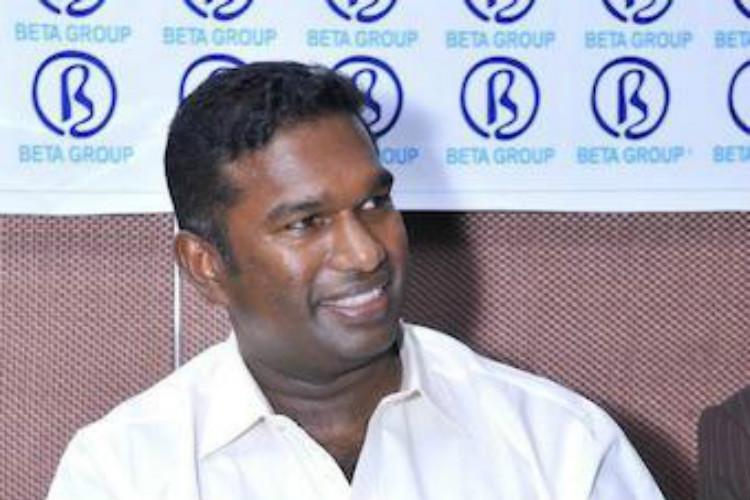How can you updates yourself; Your Resume

Mary Quin
The question: I am a senior executive and haven’t looked for a job in more than 10 years. How can I make my résumé more current by today’s standards?
A: While the résumé as you know it from 10 years ago is still alive and kicking, there have been a number of modifications to it. No longer do job candidates simply present a Word document of their qualifications. Today, they need to craft a package both online and off to present to a prospective employer. This needs to include both a résumé and an online profile as well as an easy way for a prospective employer or recruiter to move back and forth between the two.
Embrace technology
The biggest change is also the most expected one: a move toward technology. An online networking presence is no longer just an option but a requirement. In today’s executive search market, if you’re not online , you don’t exist,” says Wendy Enelow, author of “Expert Resumes for Managers and Executives” and “Best Resumes for $100,000+ Jobs.” Ms. Enelow suggests including live email links on your Microsoft Word résumé and live links to your LinkedIn profile. “Make it easy for recruiters and hiring managers to contact you with one click to your email and one click to your LinkedIn profile,” she says.
Don’t make assumptions
The job market is in a transition stage when it comes to applications and how they are submitted, says Mary Henige, General Motors’ director of social media and digital communications. Therefore, a lot of how you present yourself should depend on the hiring manager’s preference, she says. If you’re not sure what that is, it’s best to cover all of your bases. “I recommend that a candidate include both a link to his or her résumé and an attachment but to never assume it’s one way or another unless it’s clear,” says Ms. Henige.
Expansion is good.
The one-page rule for résumés no longer holds true, according to Howard Seidel, a partner at Essex Partners, a Boston-based senior level career management firm. “While one page makes sense when you have little experience, it doesn’t make sense when, as a senior executive, you have 10, 20 or more years of experience,” he says. “Executive typically do themselves an injustice by keeping the résumé to a page.” Mr. Seidel suggests expanding to two or three pages but giving the first page enough punch to entice the reader to delve further.
Overused is out
At first glance, “team player” and “innovative” might sound like good words to use on your résumé, but that would be a mistake, according to Krista Canfield, a spokesperson for LinkedIn. The business networking site recently combed through millions of user profiles and came up with a list of the top 10 overused terms. These included innovative, dynamic, motivated, extensive experience, results-oriented, proven track record, team player, fast-paced, problem solver, and entrepreneurial.
“Your online profile is a valuable piece of professional real estate,” says Ms. Canfield. “The problem with using generic words and phrases in your profile and résumé is that hundreds, if not thousands, of other professionals are describing themselves the exact same way.” She suggests replacing the overused terms with descriptions of those specific projects that you have worked on, which resulted in concrete results for your clients.
Looks still count
Even with the explosion of email over the last decade, aesthetics still matter, says Mr. Seidel. In some ways, they are more important than ever. “In addition to information overload, many employers experience résumé overload,” he says. “If an employer or a recruiter is seeking you out because of a reputation, the résumé’s appearance may not matter. If you are seeking out an employer’s attention, its appearance often does matter.”
Scanned not read
One thing that has not changed is employers scanning résumés rather than reading them word-for-word, says Kathryn Ullrich, an executive career consultant in Silicon Valley and author of “Getting to the Top: Strategies for Career Success.” To differentiate yourself from the pack, broadcast your brand. One way to do this, says Ms. Ullrich, is to replace an old-school phrase like “summary” at the top of your résumé with your brand: “social media marketing” or “finance director, software,” for example. “Invite a longer, deeper look at your résumé by making your brand stand out,” she says.






